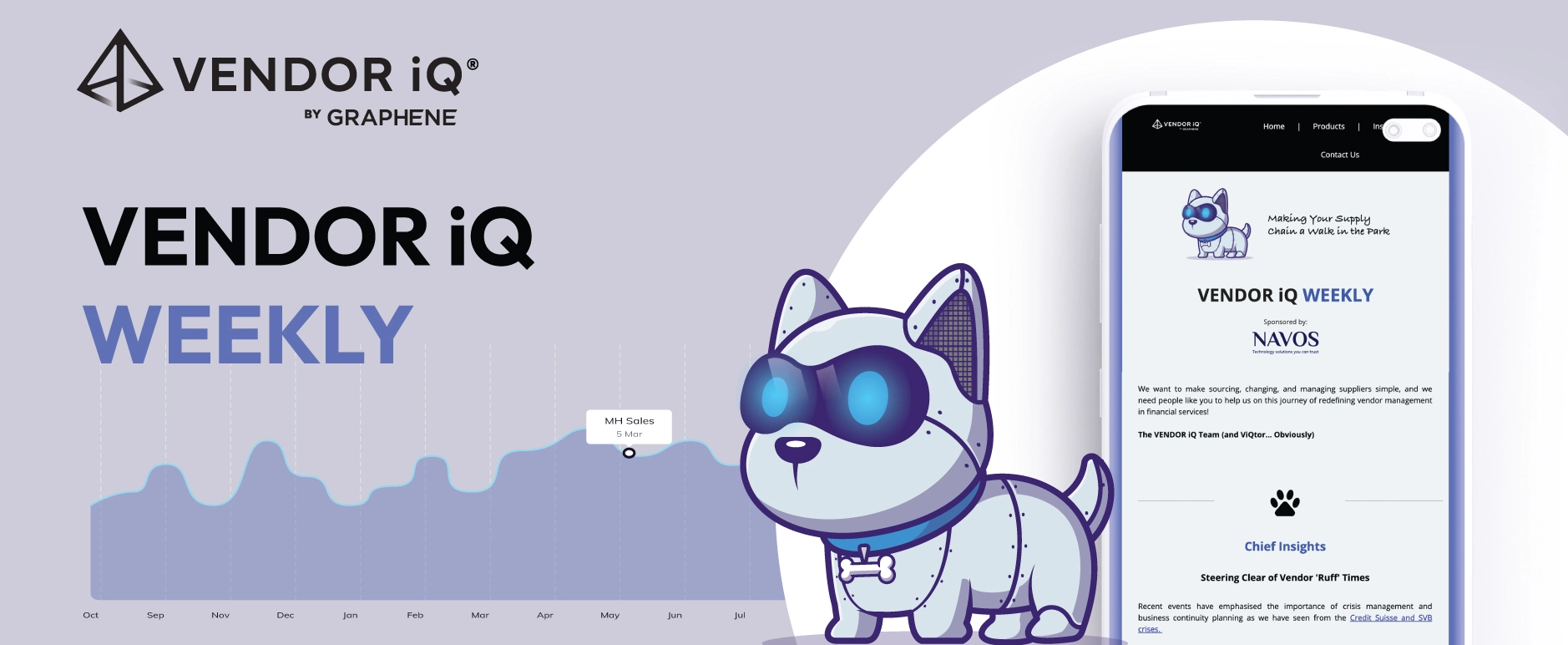Bank Custodians Vs Platforms
Discover the Factors Influencing Investors' Risk Perception between Private Bank vs. Model B Platform Custodian.

It’s not necessarily worse for an investor with a private bank custodian than a model B platform custodian if things go wrong, as both types of custodians are subject to regulatory oversight and must adhere to certain standards and procedures to protect their clients’ assets.
However, there are a few reasons why some investors might perceive a higher level of risk with a private bank custodian during times of uncertainty in global markets.
Complexity
Private banks can be complex organizations with multiple business lines, which can make it difficult for clients to understand where their assets are held and how they are being managed.
This complexity can lead to a perception of higher risk, especially if the bank is involved in other high-risk activities such as investment banking or trading.
Concentration risk
Private banks typically have a smaller client base than model B platforms, which means that a significant event such as a bank failure or a major fraud incident can have a more significant impact on the client’s portfolio.
This concentration risk can make clients feel more vulnerable to potential losses.
Reputation risk
Private banks rely heavily on their reputation to attract and retain clients, which means that any negative news or scandal can have a significant impact on the bank’s credibility and reputation. This reputation risk can lead to a perception of higher risk among clients.
In contrast, model B platform custodians may be perceived as lower risk due to their more straightforward business model and the fact that they are often more technology-driven and less complex.
However, it’s important to note that the level of risk for both types of custodians ultimately depends on factors such as regulatory oversight, internal controls, and risk management practices.





